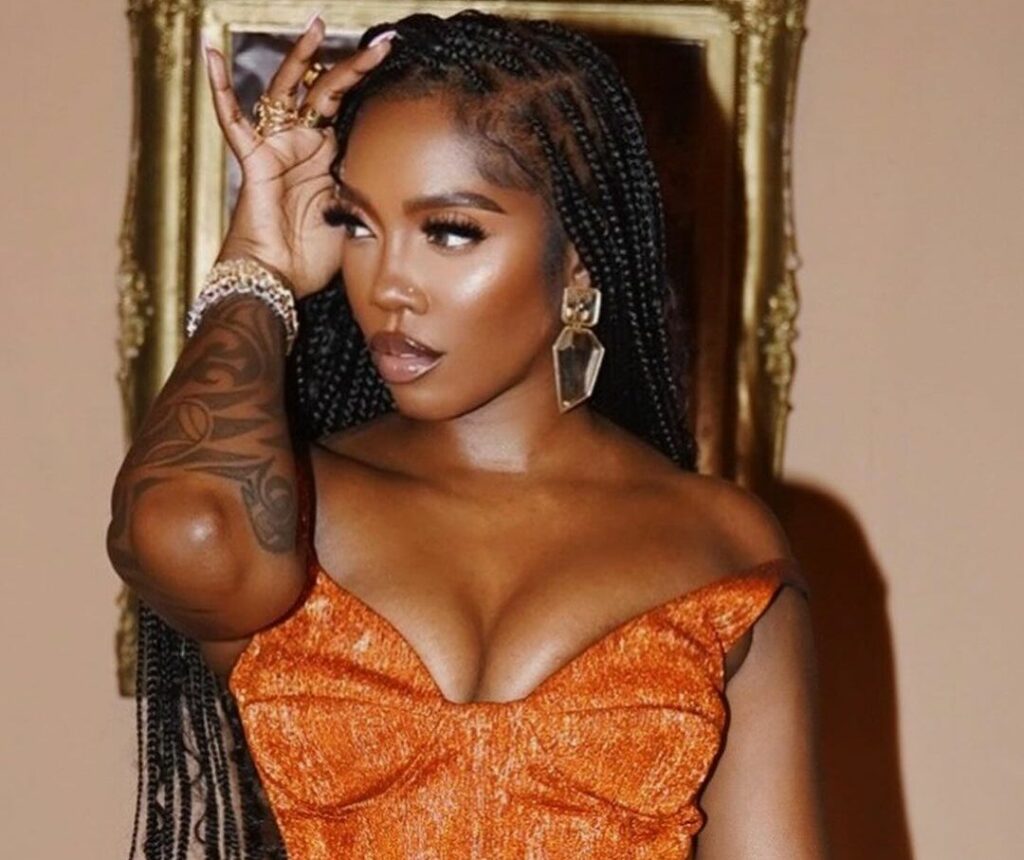Afrobeats superstar Tiwa Savage has opened up about why she does not embrace the popular title “Queen of Afrobeats”, a tag often attached to her by fans and media outlets. While she appreciates the recognition, Tiwa says the label feels limiting and fails to capture the collective contributions of women in the genre.
“There Are a Lot of Us That Are Queens”
In a candid interview, the All Over hitmaker explained:
“Yeah, they call me the Queen of Afrobeats, but there are a lot of us that are queens.”
She went on to clarify that accepting the crown would feel both uncomfortable and unnecessary:
“Personally, I don’t like that tag. It’s uncomfortable because I feel like if I start accepting it, I need to be humble, and secondly, it doesn’t make sense to me. So, I don’t accept it.”
A Trailblazer Who Shaped the Sound
Despite rejecting the title, Tiwa Savage remains one of Afrobeats’ most influential figures. Since her breakout in 2010 with Kele Kele Love, she has consistently delivered global hits, worked with international stars, and carved a space for female artists in a male-dominated industry. Her artistry has helped push Afrobeats from West Africa to the world stage.
Celebrating Collective Contributions
By distancing herself from the “Queen” label, Tiwa hopes to shift the spotlight toward the many women shaping Afrobeats. Her stance reinforces the idea that the genre’s strength lies in its diversity—of voices, stories, and creative approaches—rather than in elevating one individual above the rest.
The Global Rise of Afrobeats
Originating in Nigeria and Ghana, Afrobeats is celebrated for its infectious rhythms, blending African percussion with hip-hop, dancehall, and R&B influences. Global icons like Burna Boy, Wizkid, Davido, and Tiwa Savage have been at the forefront of its rise, while new voices continue to expand its sound and reach. Beyond the music, Afrobeats represents African pride, storytelling, and cultural identity—values that Tiwa Savage continues to champion through her work.

